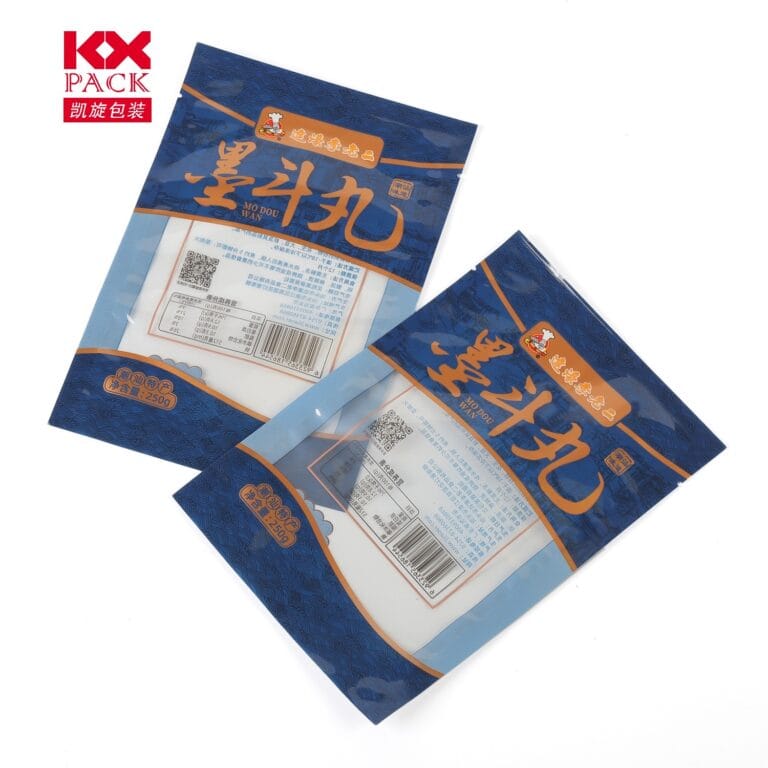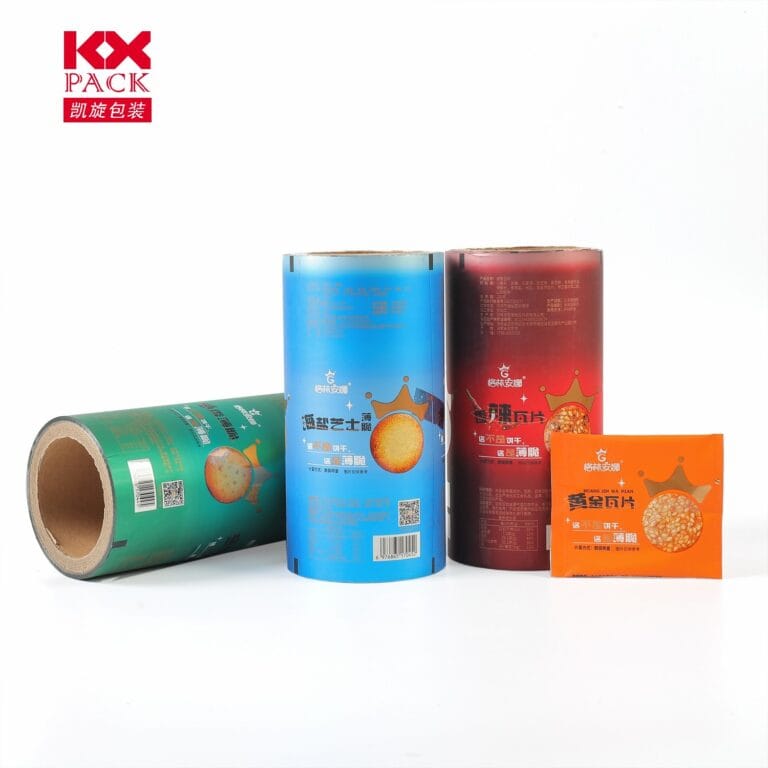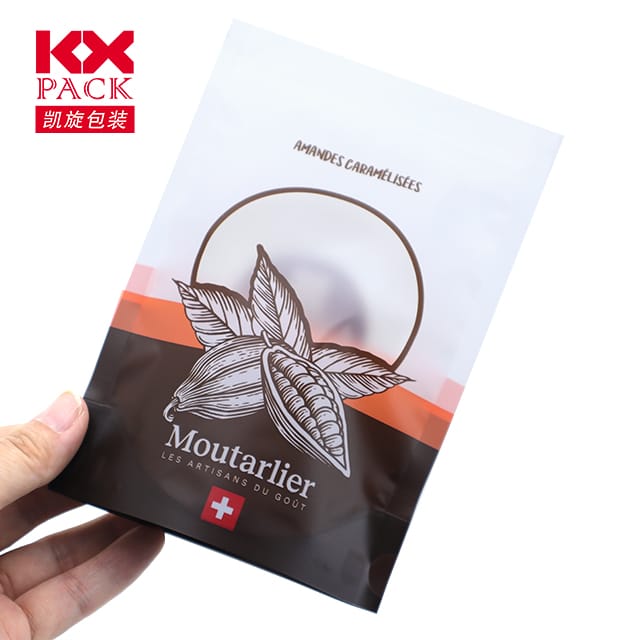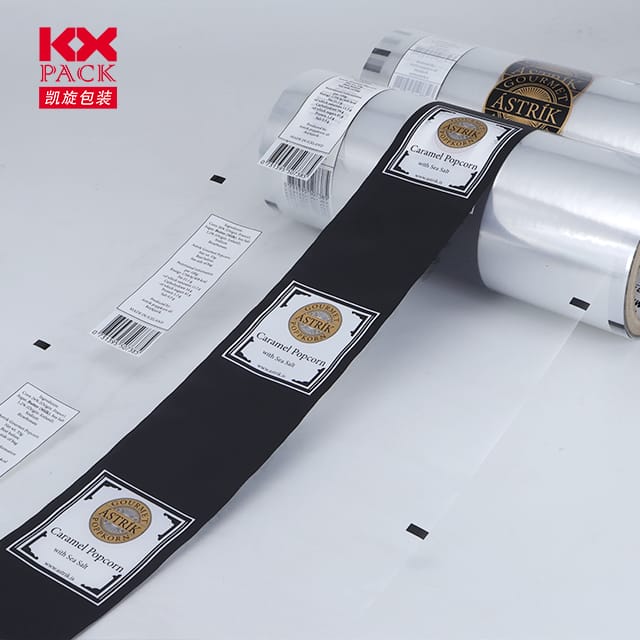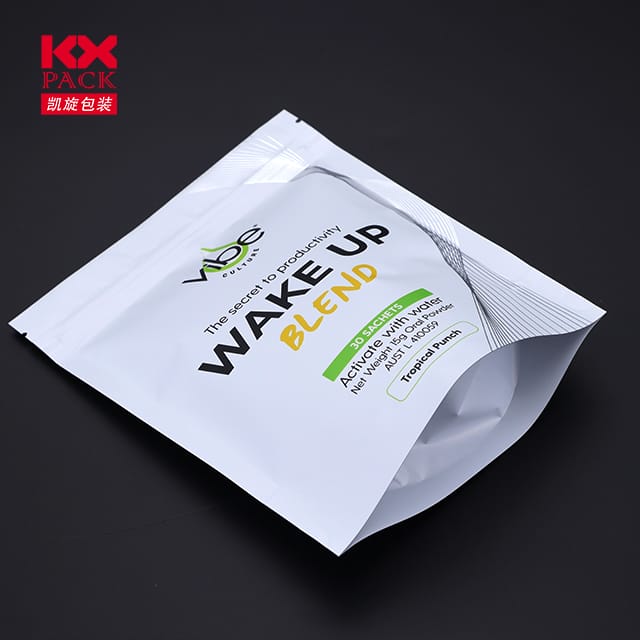Plastic Stretch Film Manufacturers: Driving Innovation in Sustainable Packaging Solutions
Plastic Stretch Film
In the dynamic world of packaging, Plastic Stretch Film manufacturers play a pivotal role in shaping how industries secure, transport, and protect their goods. From FMCG to construction, the demand for high-performance, cost-effective, and eco-friendly stretch films continues to surge. This blog explores the latest trends, technological advancements, and sustainability efforts transforming the stretch film manufacturing landscape.
The Evolution of Stretch Film Technology
Plastic Stretch Film, also known as stretch wrap or pallet wrap, has evolved significantly since its inception. Originally dominated by PVC-based materials, the market now predominantly uses PE (polyethylene) films, with LLDPE (linear low-density polyethylene) and MPE (metallocene polyethylene) leading the charge. These materials offer superior stretchability, puncture resistance, and clarity while reducing environmental impact.
Key innovations include:
- Multilayer Coextrusion: Manufacturers like Sepaş Plastik A.Ş and AVPack Plastic Manufacturers leverage multilayer technology to combine different polymers, enhancing strength, cling, and recyclability.
- Pre-Stretching Technology: Advanced machinery now allows films to be pre-stretched up to 250%, minimizing material usage without compromising holding power.
- High-Performance Films: Specialized films for heavy-duty applications, such as 50-layer stretch films or ultra-strong silage wraps, cater to niche markets like agriculture and logistics.
Sustainability: The New Frontier
With global focus on reducing Plastic Stretch Film, manufacturers are accelerating efforts to develop biodegradable, compostable, and recyclable stretch films.
- Bio-Based Alternatives: Some companies are experimenting with PLA (polylactic acid) and PBAT (polybutylene adipate terephthalate) blends, though cost remains a challenge.
- Recyclability Initiatives: Leading firms like AVPack are investing in recycling-friendly formulations and promoting circular economy models.
- Thinner Films, Greater Efficiency: Innovations in down-gauging allow manufacturers to produce thinner films (as low as 6-8μm) without sacrificing performance, reducing plastic consumption by up to 30%.
Global Market Leaders and Emerging Players
The Plastic Stretch Film market is dominated by Europe (47% global share) and North America (29%), but Asia and the Middle East are rapidly gaining ground.
- Established Giants:
- AVPack Plastic Manufacturers (USA) – Known for StretchFlex® and ShrinkFlex® films, with a focus on resilience and eco-friendly production.
- Sepaş Plastik A.Ş (Turkey) – Specializes in high-performance 50-layer stretch films and agricultural silage wraps.
- Emerging Innovators:
- Dongguan Wintech Plastic Machinery Co., Ltd. (China) – Leads in stretch film machinery, offering 2- to 100-layer production lines.
- Shanghai Huali Specialty Plastics Co., Ltd. (China) – One of China’s largest PE stretch film producers, with 13 production lines and ISO 9001 certification.
Key Considerations for Buyers
When selecting a stretch film manufacturer, businesses should evaluate:
- Material Quality: Opt for films with high cling, puncture resistance, and UV stability.
- Customization: Ensure the supplier can tailor thickness (6μm–80μm), width (4cm–200cm), and color to your needs.
- Sustainability Credentials: Look for recyclable, biodegradable, or compostable options and certifications like ROHS or SGS.
- Cost Efficiency: Thinner films and pre-stretching technology can reduce material costs by up to 40%.
The Future of Stretch Film Manufacturing
As industries strive for net-zero emissions, stretch film manufacturers are under pressure to innovate.
- Smart Films: Integration of RFID tags or temperature-sensitive indicators for supply chain transparency.
- Industrial Composting Certifications: Films that meet EN 13432 or ASTM D6400 standards for compostability.
- Regional Production Hubs: To reduce carbon footprints, manufacturers are establishing facilities closer to key markets.
Conclusion
Plastic stretch film manufacturers are at the forefront of a packaging revolution, balancing performance, cost, and sustainability. Whether you’re a global logistics provider or a local FMCG brand, partnering with the right manufacturer can unlock efficiency gains, waste reduction, and brand differentiation.
For businesses seeking high-quality, eco-friendly stretch films, exploring suppliers like AVPack, Sepaş Plastik, or Shanghai Huali could be a game-changer.
What trends are you most excited about in stretch film manufacturing? Let us know in the comments! 🌍📦🔄



